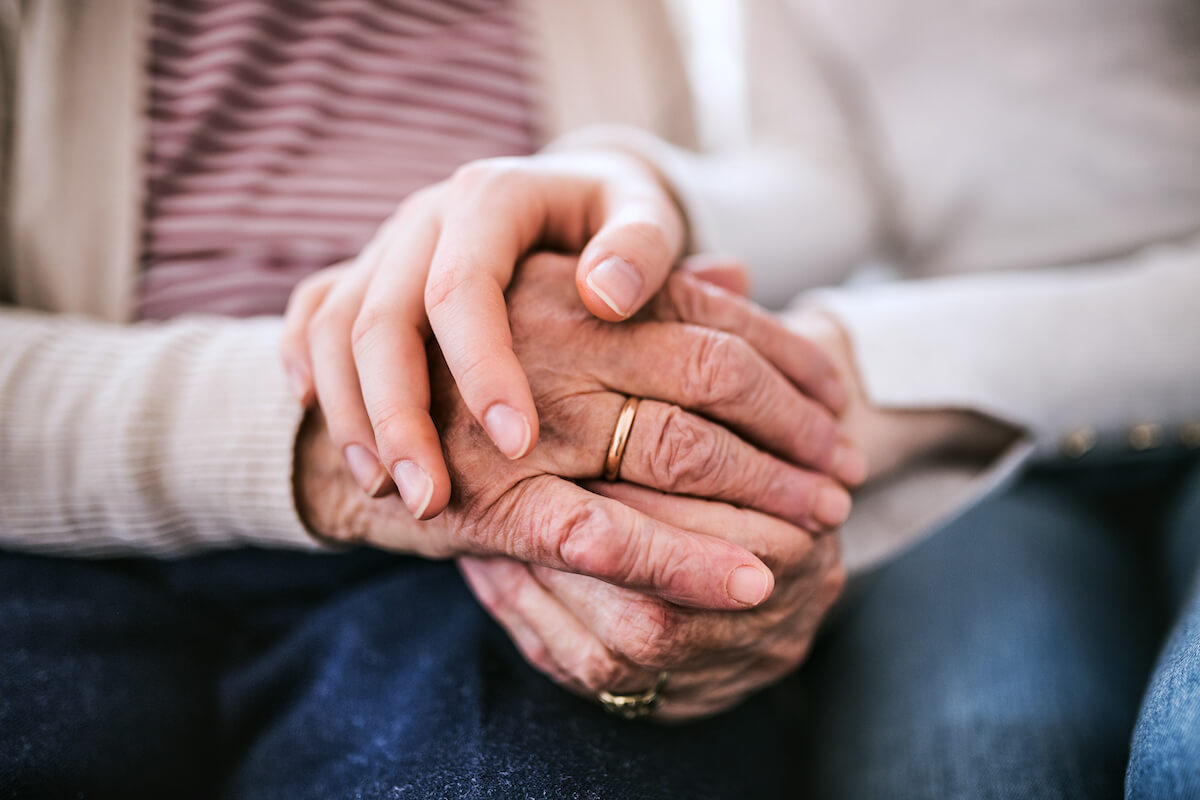
When caring for someone you love, it can feel like everything rests on your shoulders. Driving to appointments and errands, helping with daily tasks and activities, managing their personal and financial responsibilities, and being a constant source of companionship and love – these duties can take their toll on even the most dedicated caregivers.
And, if you are providing senior care without a strong support system, the responsibilities may consume all your time and energy over time, leading you to a common experience known as caregiver burnout.
At Brickmont Assisted Living, we support individuals and families with educational assisted living resources as well as exceptional care at senior living communities across Atlanta, Georgia, and the surrounding areas. We understand the responsibilities of caregivers, and we are committed to providing them with the help and support they need to live healthy, productive, and successful lives.
By understanding some of the key signs of caregiver burnout, you can more effectively manage your time and responsibilities, leading to a more fulfilling experience for you and your loved one.
Why Caregiver Burnout Happens
There are several reasons for caregiver burnout, but these are two of the most common. By understanding these two contributing factors, you can determine if they are negatively impacting your experience as a caregiver.
Unrealistic expectations: Often, caregivers are given a wide range of duties to fulfill under the umbrella of “providing care.” Because the terms are not clearly defined, what begins as a narrow scope of responsibilities may quickly expand to encompass many new roles. Caregivers who face unrealistic expectations often become overwhelmed by the number of tasks that must be accomplished each day. Without clear roles and expectations, a caregiver may feel they have to do it all.
Lack of support: As the Cleveland Clinic described, caregivers experience burnout not only from unclear roles but from an overall lack of support. When caregivers do not receive the support or resources they need to effectively provide care, they can become frustrated and overstressed. As a caregiver, you are one part of the overall care plan. You should not be expected to do it all on your own.
Signs of Caregiver Burnout
Caregiver burnout does not happen all at once. Instead, it is a progression that often reveals different physical and mental health symptoms along the way.
Isolation: One of the most common signs of caregiver burnout is withdrawal and isolation. Caregivers who are feeling overwhelmed by their responsibilities will often try to face the situation on their own. Although many people prefer to spend time alone, if you notice that you or someone you know is suddenly separating themselves from others, it could be a call for help.
Lack of sleep: When a caregiver is overwhelmed with responsibilities, they are often unable to get adequate sleep at night. This is caused not only by their day-to-day duties but because they are unable to relax and unwind at night. They are often stressed and anxious, leading to poor sleep habits.
Physical illness: A combination of insomnia, poor diet, and high stress will often lead to unexpected and sudden physical ailments. Physical illness is often your body’s way of warning you – you need to slow down, take some time for yourself, and focus on your health. If left untreated, seemingly insignificant or minor health episodes can become major issues.
Depression: If you feel overwhelmed and in despair, you must seek help. Caregivers experiencing burnout often report feelings of anxiety and depression, which can lead to an assortment of physical ailments and negatively impact the care you provide.
How to Address Caregiver Burnout
Although caregiver burnout can be distressing, the good news is you can take steps to improve your mental and physical health.
Make time for yourself: When you spend so much of your timing caring for someone else, you can sometimes forget to care for yourself. However, this is an essential part of your role as a caregiver. By taking time for yourself – to exercise, spend time with friends and family, or just relax – you improve your health and your capacity to care for others. Your health and wellness are connected to the health and wellness of the people in your care.
Set realistic expectations: By setting clear boundaries, you can keep yourself from experiencing burnout and give yourself the freedom to do your best work.
Reach out for help: The most important thing to note is that you are doing significant, exceptional work for another person. And no matter what, you are not alone. If you are experiencing the signs of caregiver burnout, reach out to a friend, loved one, or professional senior care provider for help.
At Brickmont Assisted Living, we are here to help caregivers and seniors in all aspects of assisted living and senior care. With vibrant senior living throughout Atlanta and the surrounding areas, we take pride in serving our community. To learn more about Brickmont Assisted Living, we invite you to visit our website.




.png)